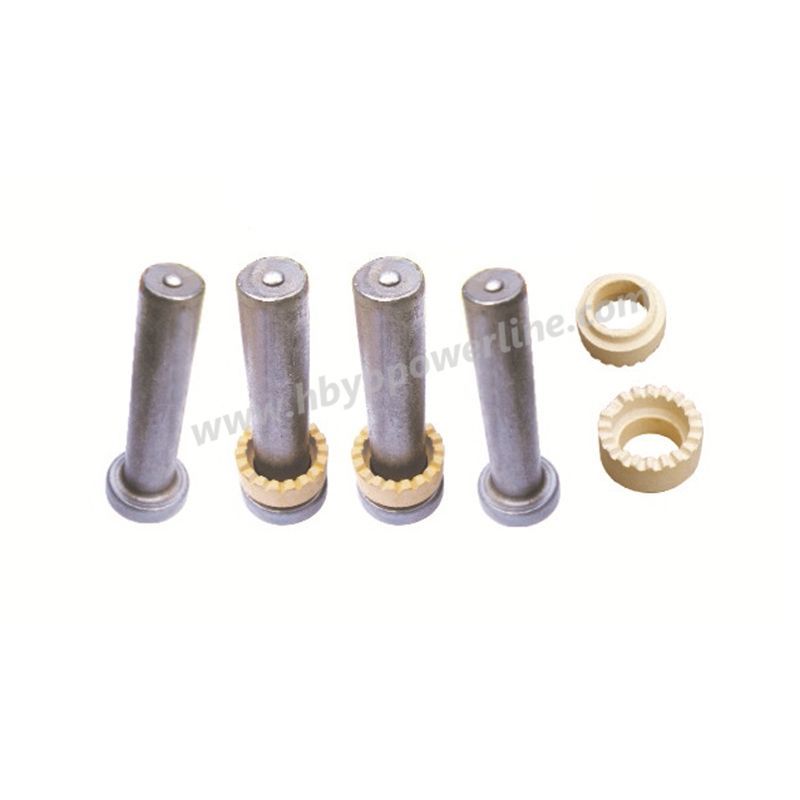Everything You Need to Know About Custom Studs
Custom studs have become a popular topic in both the fashion and construction industries. Whether used as stylish accessories or as precision-engineered fasteners, people often have questions about their purpose, benefits, and how to choose the right ones. In this article, we’ll explore the most frequently asked questions about custom studs and provide clear, detailed answers.
What Are Custom Studs and Why Are They Used?
Custom studs are specially designed fasteners or accessories tailored to meet unique specifications. In fashion, they may refer to earrings or decorative metal pieces, while in engineering and construction, they refer to threaded rods used for assembly, reinforcement, or load-bearing applications. The word "custom" means they can be manufactured in non-standard dimensions, materials, or finishes to meet specific functional or aesthetic needs.
For example, a manufacturer may require studs made from high-strength stainless steel to withstand extreme pressure, while a jewelry designer may want studs with unique shapes or gemstone settings for a distinctive look.
How Do Custom Studs Differ from Standard Studs?
The key difference lies in personalization. Standard studs are mass-produced in fixed sizes and materials, while custom studs are made according to precise requirements. This allows better compatibility with machinery, structures, or personal style.
In mechanical applications, a custom stud might be designed with specific thread patterns, coatings, or lengths that are not available off the shelf. In jewelry, custom studs provide exclusivity, allowing individuals to express their personality with designs that are not commonly found in retail stores.
What Materials Are Commonly Used for Custom Studs?
Materials vary depending on the intended use. In industrial settings, carbon steel, stainless steel, titanium, and brass are common because they provide durability and resistance to corrosion. For high-stress applications, alloy steels with surface treatments are often used.
In fashion, custom studs can be crafted from gold, silver, platinum, stainless steel, or even eco-friendly alternatives like recycled metals. The choice of material impacts not only the appearance but also the durability and comfort of the final product.
How Do You Choose the Right Custom Studs for Your Needs?
Choosing the right studs depends on the application:
For construction or mechanical use: Consider load requirements, environmental conditions, thread type, and compliance with safety standards.
For fashion or jewelry: Think about design preferences, skin sensitivity, metal durability, and how often the studs will be worn.
It is always recommended to consult with a manufacturer or jeweler who can translate your requirements into the best custom solution. This ensures that the final product is not only functional but also long-lasting.
Are Custom Studs Worth the Investment?
For many, the answer is yes. In engineering, custom studs prevent costly downtime by ensuring precise fit and performance. They can handle extreme environments and reduce the risk of structural failures. In jewelry, custom studs offer personalization and exclusivity, making them meaningful keepsakes or statement pieces.
While they may cost more than standard options, the long-term benefits—whether in durability, efficiency, or style—often justify the investment.
Conclusion
Custom studs serve diverse purposes across industries, from fastening machinery to elevating personal style. By understanding their unique advantages, materials, and design options, you can make informed choices that suit both practical needs and personal preferences.



Comments